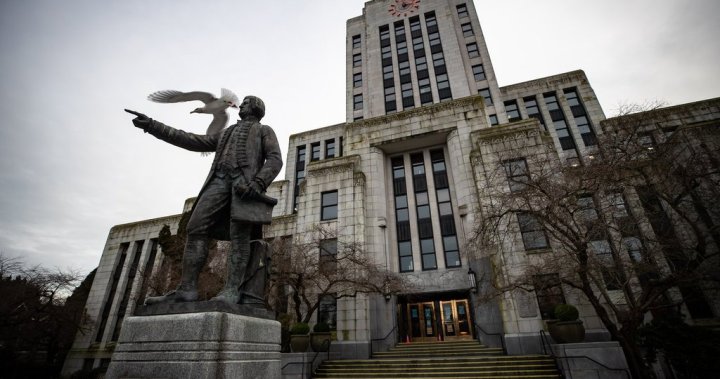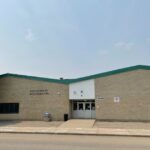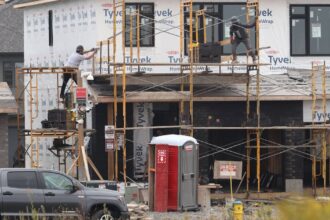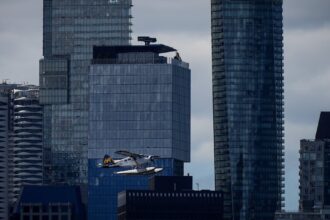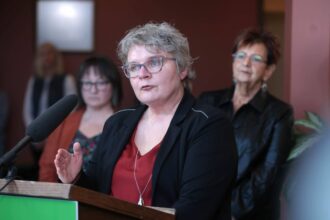In a tense budget deliberation at Vancouver City Hall yesterday, Mayor Ken Sim signaled strong opposition to the city staff’s proposed 7% property tax increase for 2024, setting the stage for what promises to be contentious financial negotiations in the weeks ahead.
“I’ve been very clear that a 7% tax increase is a non-starter,” Mayor Sim declared during the preliminary budget presentation. “We’re going to have to sharpen our pencils and make some tough decisions to bring this number down to something more palatable for Vancouver residents.”
The proposed increase comes as Vancouver faces mounting financial pressures from inflation, infrastructure maintenance backlogs, and expanding homelessness services. According to city financial officers, the 7% increase would translate to approximately $170 in additional annual taxes for the average homeowner with a property valued at $1.2 million.
City Manager Paul Mochrie presented the challenging financial outlook to council, highlighting a projected $97 million budget gap for 2024 that must be addressed through either increased revenues or service cuts. “We’re facing extraordinary cost pressures across all departments,” Mochrie explained. “Construction costs alone have increased 30% over the past two years.”
The budget presentation revealed that public safety remains Vancouver’s largest expenditure, with the Vancouver Police Department and Vancouver Fire Rescue Services accounting for nearly 30% of the city’s operating budget. Both departments have requested additional funding to address growing service demands.
Vancouver’s financial challenges mirror those facing municipalities across Canada, where inflation and post-pandemic recovery efforts have strained civic budgets. The Federation of Canadian Municipalities recently reported that cities nationwide are grappling with similar tax increase proposals, averaging between 5-8% for 2024.
Councillor Sarah Kirby-Yung, who chairs the finance committee, acknowledged the difficult balancing act ahead. “We understand completely that residents are feeling financial pressure in their daily lives. At the same time, maintaining service levels requires adequate funding. We’ll be working closely with staff to find efficiencies while preserving core services.”
Community advocacy groups have already begun mobilizing around the budget proposal. The Vancouver Tenants Union expressed concern that landlords would pass tax increases onto renters, while the Business Improvement Association warned that higher commercial property taxes could force more small businesses to close in an already challenging economic environment.
“We’re still recovering from the pandemic,” said Sandra Miles, owner of a Commercial Drive restaurant. “Another significant tax increase might be the final straw for businesses like mine that are operating on razor-thin margins.”
The city’s political landscape has become increasingly divided over taxation approaches. Mayor Sim’s ABC Vancouver party campaigned on fiscal restraint, while opposition councillors have advocated for maintaining service levels even if it requires higher taxes.
Councillor Christine Boyle noted that previous councils had kept tax increases artificially low for years, leading to deferred maintenance and service gaps. “We’re paying the price now for previous councils’ unwillingness to make necessary investments,” she said.
The preliminary budget outlook will be followed by public consultations throughout November, with the final budget vote expected in mid-December. Mayor Sim has instructed city staff to return with multiple scenarios showing the implications of lower tax increases, particularly at the 3.5% and 5% levels.
As Vancouver residents await the outcome of these deliberations, the fundamental question remains: how does a growing city balance fiscal responsibility with the expanding needs of its diverse communities? With affordability already at crisis levels in Vancouver, the decisions made in the coming weeks will have profound implications for everyone who calls this city home.

